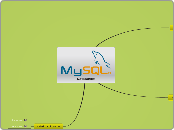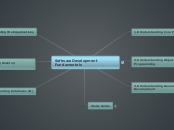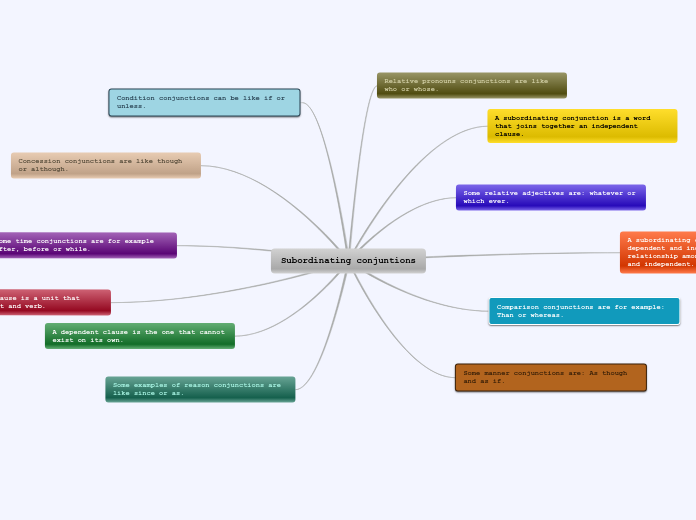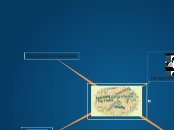par Conor Ashford Il y a 13 années
1039
DataBases
Databases manage and store various types of data, utilizing multiple data types such as Boolean, unique identifiers, text, numbers, currency, and date/time. Relationships in databases can be categorized as one-to-many, many-to-many, or one-to-one, impacting how data entities interact.









